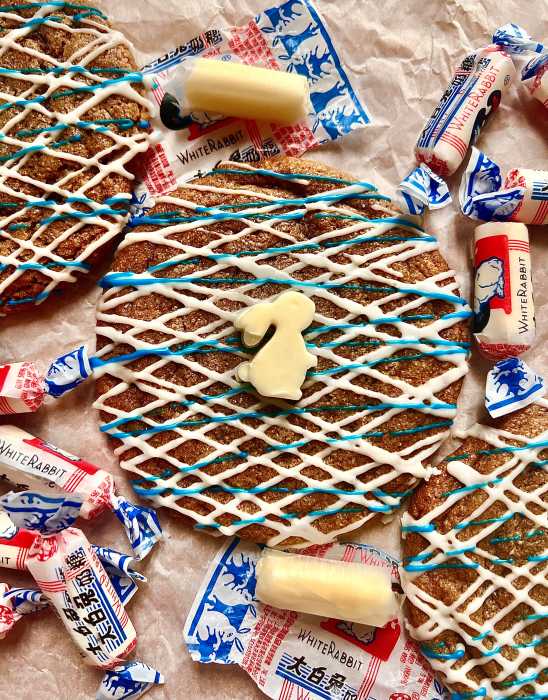If you find yourself hankering for a good old kosher classic, there is now only one place to go for speedy service. Last week Bayside’s Queensborough Community College became the official home of the world’s first patented kosher…
By Kathianne Boniello
Anyone for a knish?
If you find yourself hankering for a good old kosher classic, there is now only one place to go for speedy service.
Last week Bayside’s Queensborough Community College became the official home of the world’s first patented kosher vending cart, an invention of Kew Gardens Hills resident Calmon Cozer.
Cozer, an engineer who invented the sterilized, supervised food cart system in 1999, launched a prototype of the cart at the World Trade Center in June, but it was destroyed in the Sept. 11 terrorist attacks.
By the time Cozer was ready to rebuild his invention, the college was looking for a way to satisfy the demands of its Jewish student community, QCC President Dr. Eduardo Marti said.
“The variety and diversity of our students calls for our paying attention to the needs of our students,” said Marti, who pointed out that the school’s 10,500 students hail from 118 countries.
The college and Cozer were put in contact by the school’s food vendor, Metropolitan Food Service, which had been working with Cozer to find a new home for the cart after the prototype was destroyed. The cart was approved by the Orthodox Union, a kosher supervising agency, and is being overseen by the Vaad Harabanin of Queens.
Marti said operating the food cart at Queensborough “is a perfect example of a public-private partnership.”
Kosher food is prepared according to a strict set of Jewish dietary laws which involve supervision by a rabbi or trained personnel. Cozer’s cart, which is operated under the company name Heavenly Delights, is Glatt kosher, requiring the postmortem examination of an animal’s internal organs and lungs to ensure the absence of defects and disease.
The cart includes a refrigeration unit to store the prepackaged food and a separate grilling unit to cook it. Encased in wrap-around glass, the cart provides a sealed environment for food cooking and preparation as well as easy supervision.
Workers use two sets of rubber, incubator style gloves installed in the clear plastic wall of the cart to handle and cook the food, so it is never touched by human hands. Once cooked the cart’s kosher hamburgers, hot dogs, egg rolls, knishes or chicken wings are placed on a shelf which can be pushed out to the customer through the cart’s glass wall for pick-up.
Cozer, who said the cart had been quite profitable during its brief four-month run at the World Trade Center, said bringing the kosher cart back into service was “a part of the healing process of Sept. 11.”
Frustrated by the limited availability of kosher foods, Cozer used his engineering background to create kosher cart.
“I grew up with this problem,” he said. When his invention was destroyed in its storage place at 5 World Trade Center on Sept. 11, Cozer said “it was a shock.”
It cost $15,000 to make the cart, Cozer said, but he was determined to recreate it.
Eventually Cozer would like to market his cart to colleges around the city. He credited Queensborough as being an ideal place for the cart’s relaunch.
Reach reporter Kathianne Boniello by e-mail at Timesledgr@aol.com or call 229-0300, Ext. 146.


































